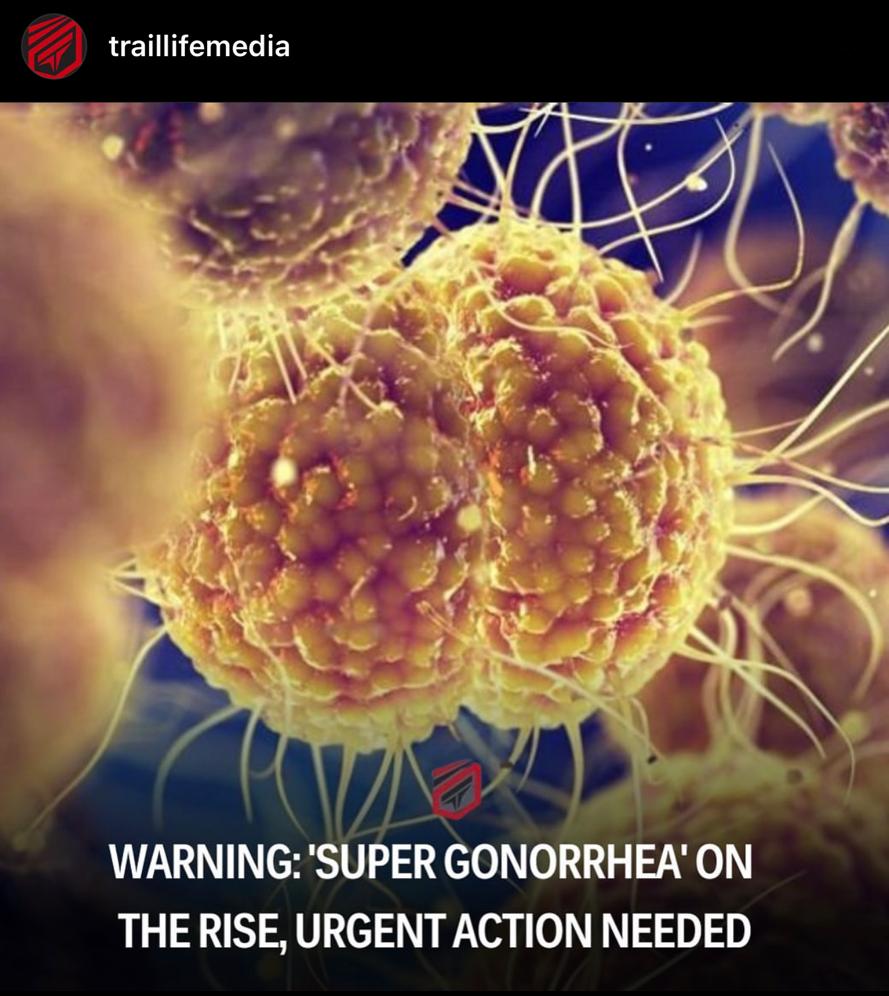A concerning rise in drug-resistant gonorrhea, a common sexually transmitted infection (STI), has sparked alarm among medical professionals. The Centers for Disease Control and Prevention (CDC) reports a staggering 1.6 million new cases of gonorrhea each year, with half of them showing resistance to antibiotics.
In response to the growing threat of drug-resistant gonorrhea, the AIDS Healthcare Foundation (AHF) has launched an ambitious public information campaign. Massive billboards bearing the warning “GONORRHEA ALERT!” and featuring an image of a cruise ship colliding with an iceberg now adorn 16 states and 36 cities across the United States.
The striking billboards convey a powerful message: Just like icebergs, sexually transmitted infections can have consequences far greater than what meets the eye. Mike McVicker-Weaver, an AHF regional director, emphasized the need for individuals to think about and discuss gonorrhea with their partners when faced with the eye catching billboards.
The urgency of this campaign is underscored by recent cases of “super gonorrhea” reported in Massachusetts, where the infection demonstrated resistance to almost all available drugs. While this formidable strain had previously been observed in Asia and Europe, it had not been seen in the United States until this year.
Dr. Jeffrey Klausner, a public health professor at the University of Southern California, explains that the global circulation of this strain made its appearance in the US inevitable. He warns that gonorrhea is becoming increasingly resistant and difficult to treat, with no new antibiotics currently available.
In the past, there were multiple antibiotics effective against gonorrhea, such as penicillin, ciprofloxacin (Cipro), and fluoroquinolone drugs. However, the bacteria causing gonorrhea, Neisseria gonorrhoeae, has developed resistance to these and other drugs over time.
Presently, ceftriaxone, an injectable drug, remains the only effective treatment against “super gonorrhea.” However, medical professionals express concern about the longevity of its effectiveness.

Dr. Klausner emphasizes the urgent need for alternative treatment strategies, as no new antibiotics for gonorrhea have been developed in years. Gonorrhea can be transmitted through vaginal, anal, or oral sex, and it is possible for infected individuals to exhibit no symptoms. However, those who do experience symptoms may have a burning sensation during urination, abdominal pain, abnormal discharge, and itching or bleeding from the vagina, anus, or penis.
Diagnosis of gonorrhea can be made through a urine test or swab of the affected area, and healthcare providers may also test for other STIs simultaneously. The emergence of drug-resistant gonorrhea serves as a poignant reminder that urgent action is needed to address this escalating public health concern.
Written by
Derek Chan – Editor







